The option to monetize a group natively is available only to Facebook creators who meet the eligibility criteria. However, you can always monetize your group through affiliate marketing and by selling courses and other products on your website.
home / Best Course Platforms /Kajabi Review
We earn a commission from partner links on this site. This doesn’t affect our opinions or evaluations.
When considering the launch of a digital gathering space, Facebook Groups often emerges as the leading option within the social media landscape. This prominence is understandable given its cost-free nature, the potential for an established follower base, and its reasonably effective features for fostering connections among users.
Nevertheless, due to constraints in personalization capabilities and the degree of governance you have over your collective, Facebook Groups may not be the ideal solution for all individuals, prompting content originators to explore other avenues for their communities.
A notable alternative in this regard is Mighty Networks, a platform specifically designed as an independent online community construction tool. Consequently, the central inquiry becomes: Which of these platforms aligns best with your specific requirements and objectives?
To address this query, we have developed an in-depth comparative analysis of Mighty Networks versus Facebook Groups. Our exploration will elucidate the fundamental principles underpinning each platform and thoroughly examine their respective advantages and disadvantages in considerable detail.
Let us commence our examination!
Mighty Networks and Facebook Groups stand out as two prominent platforms enabling the creation of online interactive spaces. However, drawing direct comparisons between them is akin to contrasting fundamentally different items—their core structures are quite dissimilar. Allow us to elaborate on this point for better understanding.
Mighty Networks essentially functions as a dedicated software platform that equips you with the necessary underlying structure and the complete toolkit to build a community integrated into your own website. The resulting community is your exclusive property, and you maintain full command over all its features and operations.
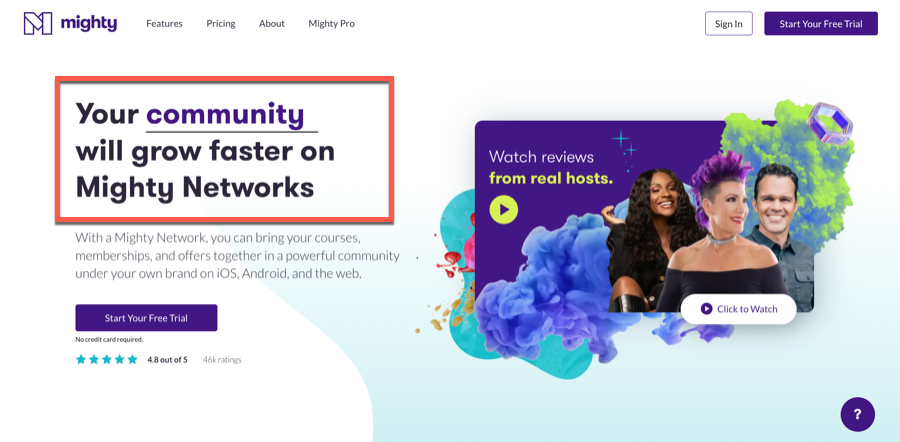
Facebook Groups, conversely, represent a feature within the Facebook social media environment, allowing you to establish a community on their platform. The group you form is hosted by Facebook, and your authority over its content and members is not absolute.
This provides a fundamental overview of these two distinct platforms. We shall now proceed to examine their specific characteristics in a direct comparative analysis.
In the comparison of Mighty Networks versus Facebook Groups, several fundamental distinctions emerge between these two options. We have organized these differentiating factors into specific categories to facilitate a clearer understanding of their similarities and contrasts.
The primary determinant of success for any digital community is the overall experience provided to its end-users, a factor that fundamentally begins with the platform’s user interface design and usability.
Concerning Facebook, the equation is quite straightforward. This prominent social media network has maintained its presence for almost twenty years, and a vast number of individuals engage with it on a daily basis. Consequently, a significant portion of the population is already well-acquainted with its operational framework, which directly results in Facebook Groups presenting a relatively gentle learning pathway for new users.
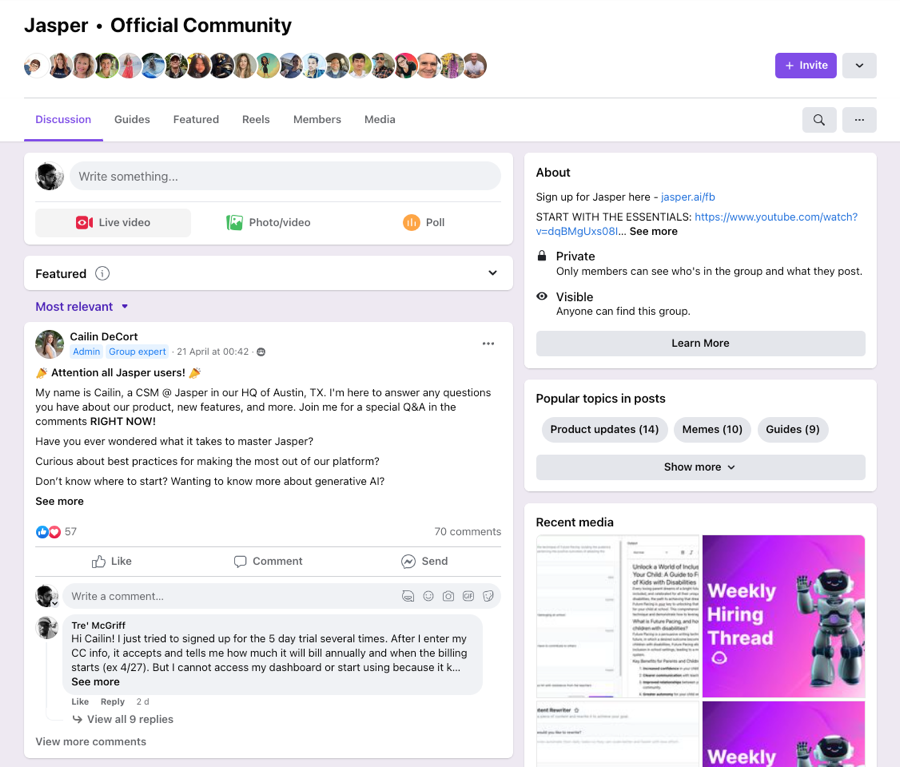
Although the widespread user acquaintance with Facebook operates to its advantage, the sheer volume of activity and potential diversions this social media environment produces can be a significant drawback. Your community participants may frequently find their attention diverted on Facebook, due to a constant stream of notifications and advertisements populating their content streams.
An additional disadvantage pertains to the ease with which members can locate specific content. Individuals lack the ability to manage precisely what material from your group appears for them. They are unable to tailor their content stream or configure individualized alerts based on their interests.
Factor in the prevalent apprehensions regarding privacy and data protection that many individuals harbor concerning Facebook’s handling of personal data, and several compelling arguments arise for exploring alternatives to Facebook Groups for community building.
While Mighty Networks may not boast the same level of widespread recognition as Facebook, it features an uncluttered aesthetic, and its functionalities are systematically arranged, ensuring that your participants can navigate the platform with considerable ease and speed.
Users on Mighty Networks will not encounter advertisements, and they possess the capability to curate their information feeds based on their individual choices and areas of interest, creating a more focused experience.
Furthermore, the platform incorporates various functionalities, including a dedicated exploration section, the use of topical tags (hashtags), and a robust search capability, all designed to guarantee that users can effortlessly locate the specific information that aligns with their needs.
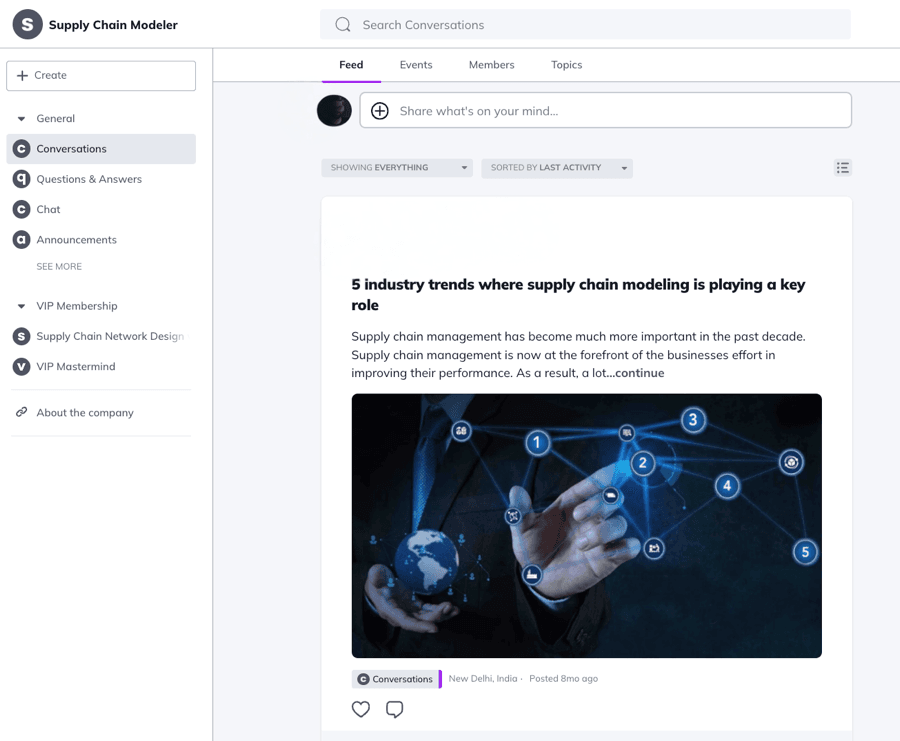
Additionally, Mighty Networks boasts a sophisticated notification framework that permits your members to specify precisely what updates they wish to receive and via which communication medium, ultimately fostering a more refined and satisfactory user engagement.
In conclusion, Mighty Networks offers a dedicated mobile application that enables your members to conveniently reach your community and interact with its content while on the move. You also have the option to acquire applications customized with your community’s branding.
Facebook, on the other hand, does not provide a standalone application specifically for its Groups functionality. Although users can access their groups through the main Facebook application, they do not benefit from an experience uniquely tailored for group interactions.
A significant factor contributing to the increasing appeal of specialized online community construction tools is their capacity to grant you comprehensive governance over your digital gathering space.
When utilizing Facebook Groups, your assembled community is fundamentally under Facebook’s purview, meaning you do not possess complete authority over the materials shared or the participants within your group.
As an example, Facebook retains the prerogative to eliminate your shared materials or even deactivate the entire group should it fail to adhere to their established guidelines. Compounding this issue, you are unable to retrieve data from Facebook Groups or relocate your community to an alternative service.
Indeed, your influence does not extend to determining what content your group participants encounter in their newsfeeds; this is entirely governed by Facebook’s proprietary algorithmic processes, creating a less direct connection.
Conversely, when employing Mighty Networks, your community is hosted directly on your own digital property, thereby alleviating concerns about external oversight or content removal. You also maintain full discretion regarding the information presented to your members and the methods used to interact with them.
Within Mighty Networks, every component of your community, inclusive of your members’ information, is your exclusive property. Should you choose, you have the freedom to extract this data and transfer it to a different community management system.
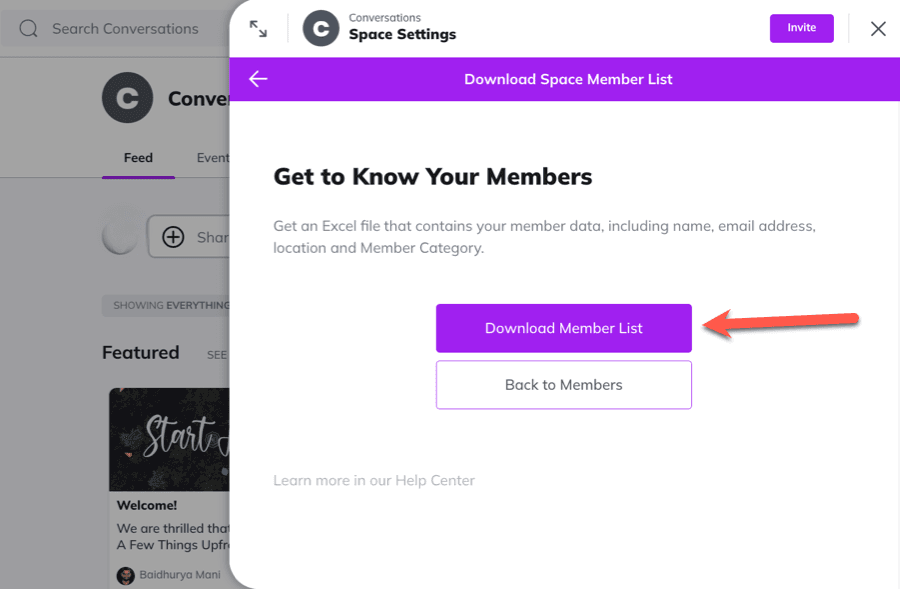
Another significant dimension of command relates to the ability to personalize your community space.
A Facebook group adheres to a predetermined framework, and your capacity to alter this arrangement is quite restricted. You are unable to establish distinct sub-sections to enhance the organization of your community or to adjust the visual presentation in any meaningful manner.
Furthermore, your influence over the group’s visual identity is minimal, typically confined to modifying the primary banner image and selecting a theme color from a limited palette for the interface.
Mighty Networks, in contrast, affords you considerably more authority regarding the architecture and aesthetic of your community environment:
On the whole, Mighty Networks presents a more advantageous option if your requirements include greater command, adaptability, and proprietorship over your digital community.
Here, we will explore the instruments each platform supplies for constructing a participatory digital gathering of interested individuals.
Initially, we should acknowledge that Facebook operates quite effectively regarding participant interaction levels. It includes all vital tools, such as robust discussion areas, member surveys, scheduled happenings, live video feeds, and collective chat options.
Mighty Networks also integrates these same instruments. However, it presents a few unique capabilities designed for enriching the overall participant engagement.
Primarily, Mighty Networks facilitates crafting digital learning programs. You can make your syllabus, house your video lessons, and share your instructional material.
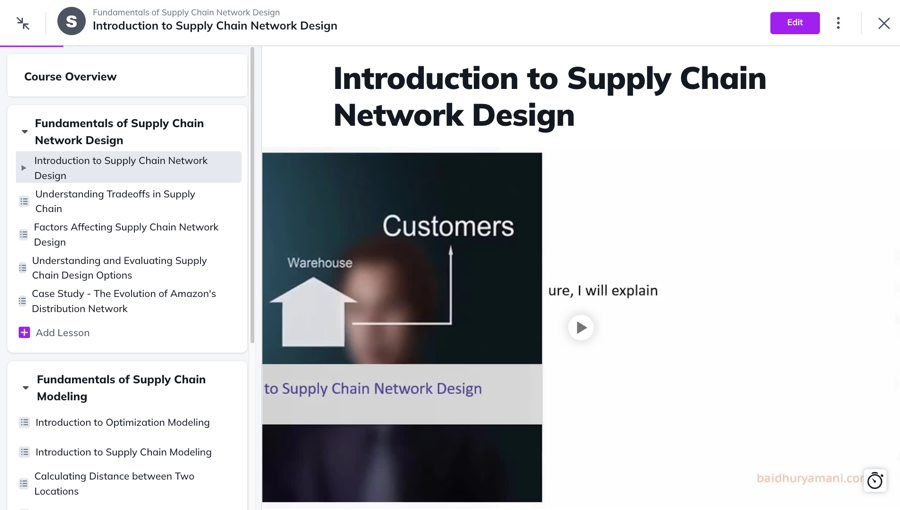
Within Facebook Groups, a feature known as Guides is available, which enables you to arrange and emphasize significant materials from your group; however, this functionality does not serve as a complete replacement for a formally structured online educational program.
Furthermore, Mighty Networks provides several distinctive functionalities, such as an introductory member checklist and prompts for initial interactions (Icebreaker questions), which are highly effective for stimulating active participation within your community environment.
In general, Mighty Networks possesses a modest advantage when it comes to fostering and maintaining member involvement and interaction within the community.
Generating income from your Facebook Groups presents certain complexities and is not an entirely direct process to implement.
For implementing subscription fees on the Facebook platform, it is necessary to satisfy particular prerequisites. For instance, your official business page is required to possess a minimum of ten thousand followers, and your shared content must achieve fifty thousand interactions within a sixty-day timeframe.
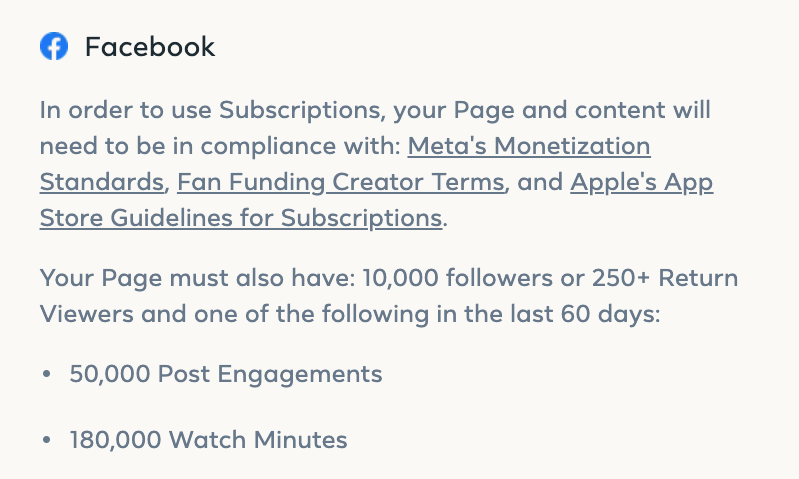
While it is feasible to process financial transactions through external systems, this approach lacks an automated method for managing member additions or removals within your group. Consequently, you would be required to oversee all these administrative tasks by hand, which can become a significant operational burden.
With Mighty Networks, the situation presents a stark contrast and offers a more streamlined solution. The platform incorporates integrated tools for financial transactions, enabling you to implement charges for entry into your entire community or for access to specific designated areas within it.
To begin processing payments, you simply need to link your existing Stripe payment gateway account to your Mighty Networks setup, and the system will then manage the subsequent processes automatically for you.
Concerning the available pricing structures, you have the flexibility to levy a single, upfront payment or to establish a recurring subscription charge. Furthermore, you possess the capability to define distinct tiers of access for your members and to implement promotional price reductions or provide an initial period of complimentary access.
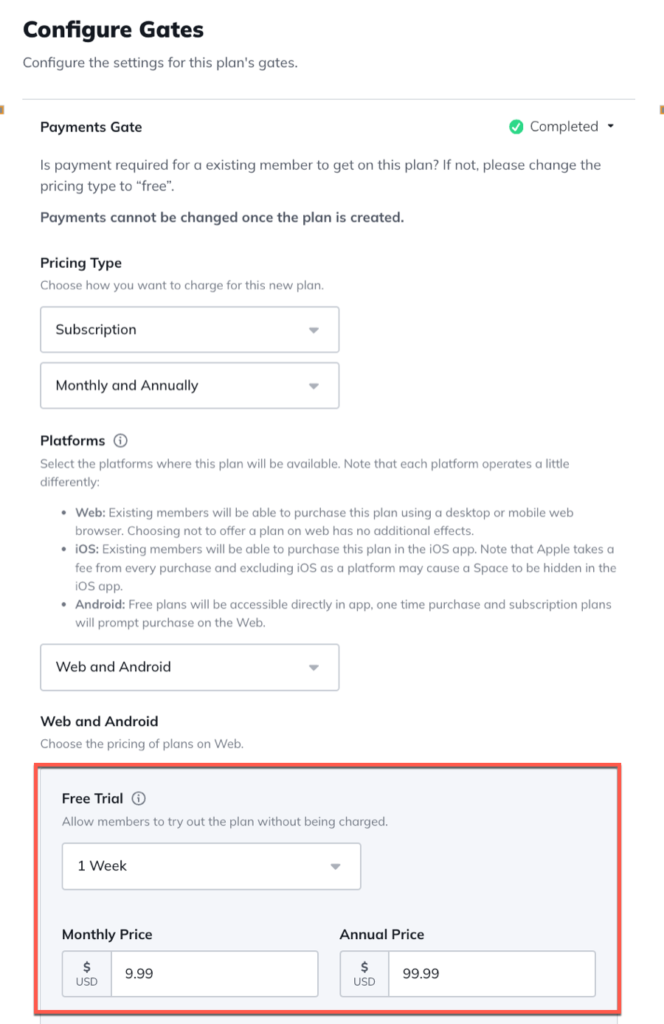
In summary, establishing a revenue stream from your community is significantly more straightforward when utilizing Mighty Networks compared to the options available through Facebook Groups.
Next, we will evaluate the reporting and analytical capabilities provided by Facebook Groups in contrast to those offered by Mighty Networks.
When using Facebook Groups, you are granted access to an analytical section referred to as the Insights tab, which displays fundamental data points concerning the interaction levels and expansion of your community.
This data encompasses metrics such as the total count of published posts and user comments, identification of the most active group participants, the quantity of incoming requests for membership, and the trajectory of member acquisition over specified periods, among others.
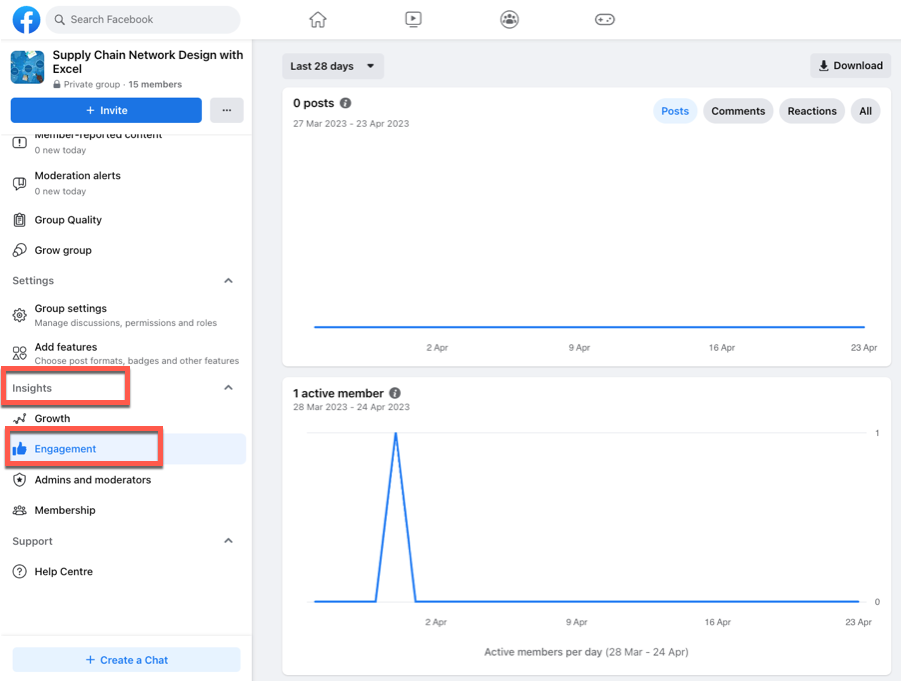
When considering Mighty Networks, you receive considerably more comprehensive analytical data covering every facet of your community, ranging from the count of active participants to their specific interactions and your overall financial earnings.
The platform additionally provides in-depth information regarding various features and the extent to which members utilize them, as well as the frequency of their use. This encompasses details on discussion contributions, live video broadcasts, digital learning programs, direct member messaging, and other functionalities.
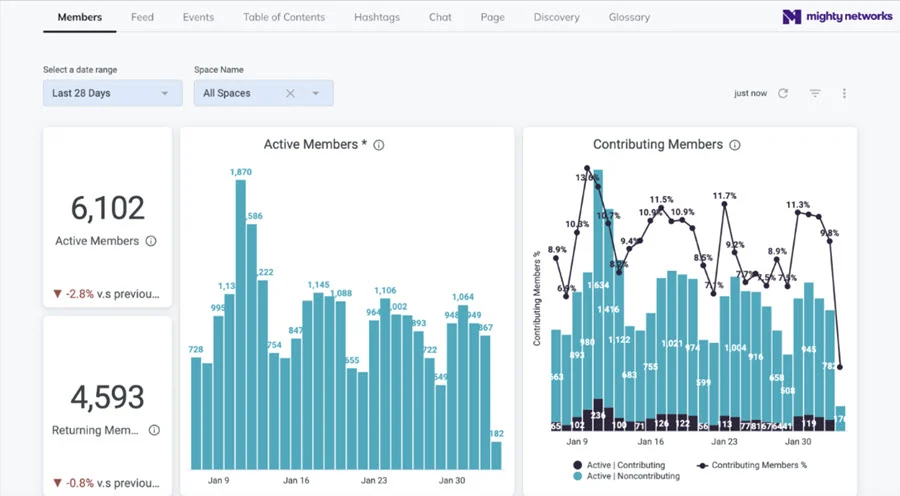
The level of detail in the accessible reports is genuinely remarkable, employing a diverse array of graphical representations and thermal diagrams to display the information in a clear, visual format. You have the capability to monitor these performance indicators for the entire community or, alternatively, for distinct sections within it.
Facebook Groups presents an attractive alternative when considering cost factors – specifically, the complete absence of fees. Creating a group requires zero financial commitment since the platform funds itself through advertising revenue, enabling it to remain completely free to users.
Mighty Networks operates with a subscription-based pricing model, requiring direct payment from you. However, the platform never monetizes your community members through advertisements or data collection.
Their pricing structure includes five distinct tiers, beginning with the Community plan at $39/month.
The Courses plan, which attracts the majority of users, comes in at $119/per month. For more advanced features, the Business plan is available at $219/month.
Should you require custom-branded community applications, you’ll need to explore Mighty Pro, which offers personalized pricing upon inquiry.
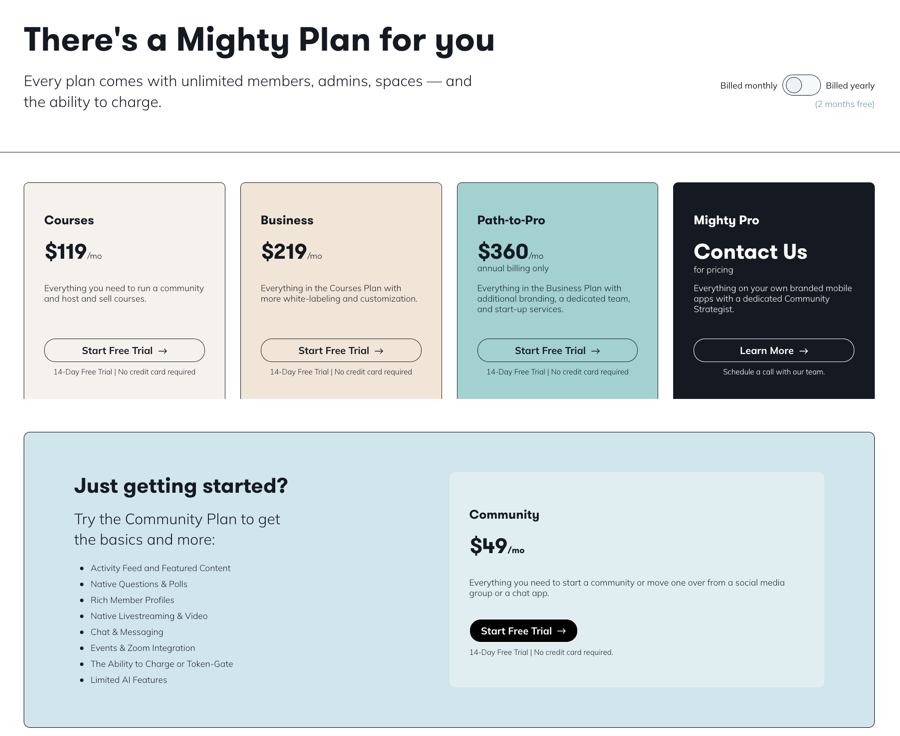
We trust this comprehensive analysis comparing Mighty Networks and Facebook Groups has provided valuable insights for your decision-making process. Which of these two community platforms aligns better with your specific needs? Perhaps you’re considering an entirely different solution altogether? Share your thoughts in the comments section below and join the conversation.
Throughout this comprehensive guide, we’ve thoroughly examined the distinctions between Facebook Groups and Mighty Networks. Each platform offers its own set of strengths and limitations, which actually simplifies your decision-making process considerably.
When your priority involves establishing a cost-free community with organic growth potential by accessing Facebook’s extensive user base, launching a group represents your optimal strategy. However, this specific situation stands as the only circumstance where we genuinely endorse using Facebook Groups.
For virtually all other scenarios, Mighty Networks delivers superior performance. Whether you’re developing a specialized community, creating a private space for course participants or membership subscribers, or even launching a premium community with direct monetization, this platform will serve your objectives more effectively.
Should you wish to experience Mighty Networks firsthand, simply click the button below to begin your 14-day complimentary trial period (no payment information required).
Mighty Networks is better than Facebook Groups because it gives you more control over your community. It also has better engagement tools and offers built-in monetization features. Finally, it allows you to create a safe environment free of distractions, resulting in a better user experience.
Mighty Networks is a specialized community builder, while Groups is only one of Facebook’s features. While Mighty Networks does better regarding user experience, ownership and control, community engagement, and monetization, Groups is completely free to use.
Yes, you are the owner of all content with Mighty Networks. It’s your community, and you own the content and the members’ data, which is one of the main reasons for its popularity.
The option to monetize a group natively is available only to Facebook creators who meet the eligibility criteria. However, you can always monetize your group through affiliate marketing and by selling courses and other products on your website.

Daniel NicFounder, SellingOnliceCoursesGuide.comis an entrepreneur and digital education specialist who founded sellingonlinecoursesguide.com, a platform dedicated to helping creators and educators successfully navigate the online course marketplace. Through his website, he shares insights and strategies for developing, marketing, and monetizing online educational content. His work focuses on empowering course creators to build sustainable online businesses while effectively sharing their knowledge with students worldwide.

Daniel Nic is an entrepreneur and digital education specialist who founded sellingonlinecoursesguide.com, a platform dedicated to helping creators and educators successfully navigate the online course marketplace. Through his website, he shares insights and strategies for developing, marketing, and monetizing online educational content. His work focuses on empowering course creators to build sustainable online businesses while effectively sharing their knowledge with students worldwide.

We respect your privacy and will never spam you.